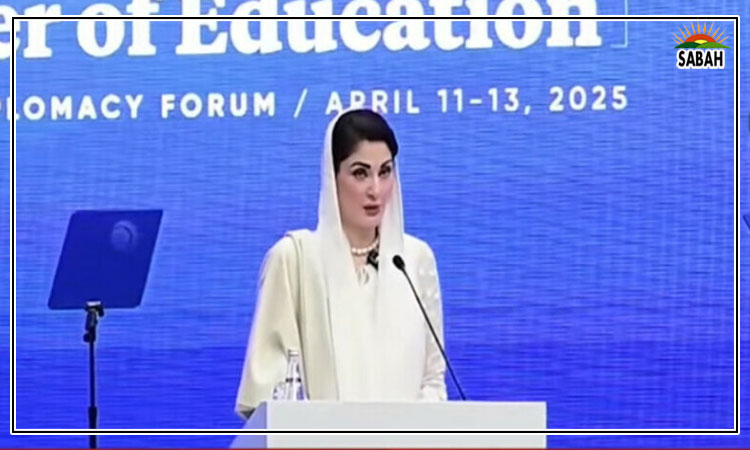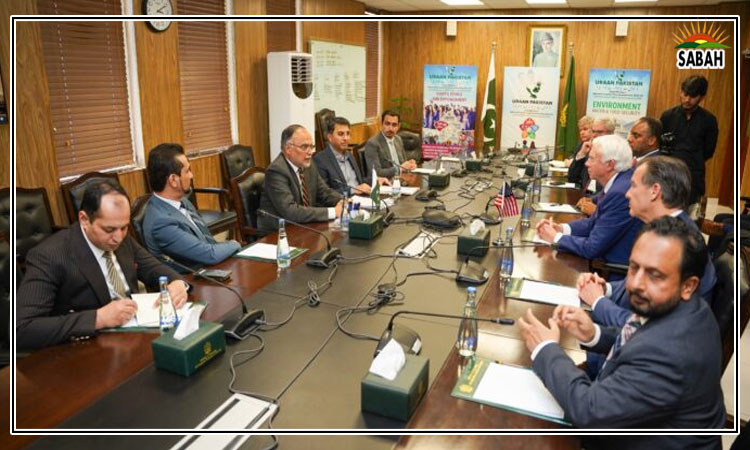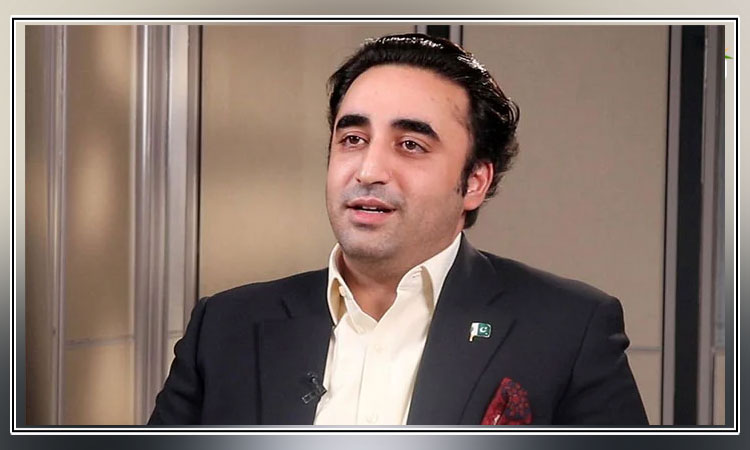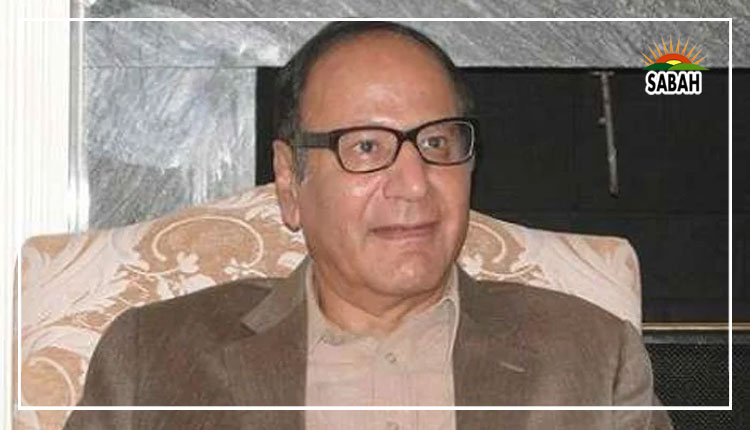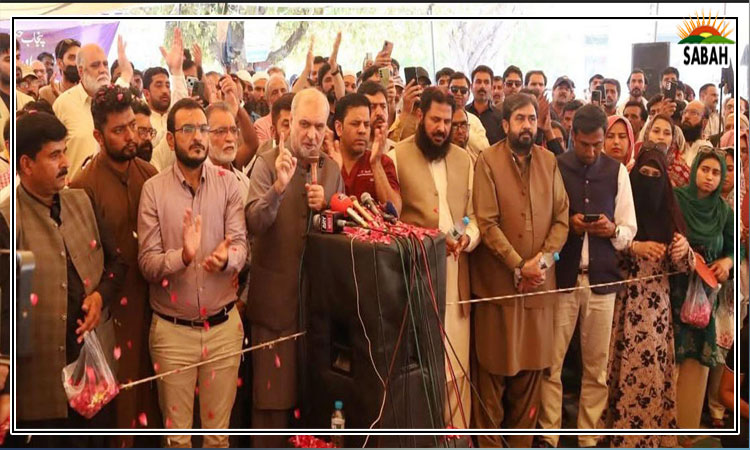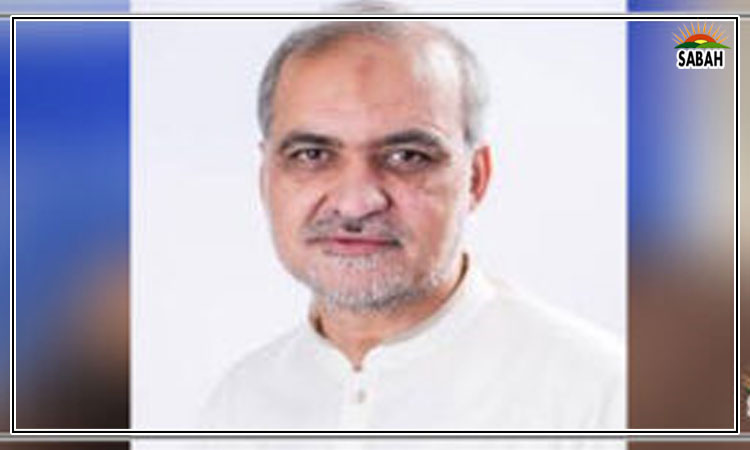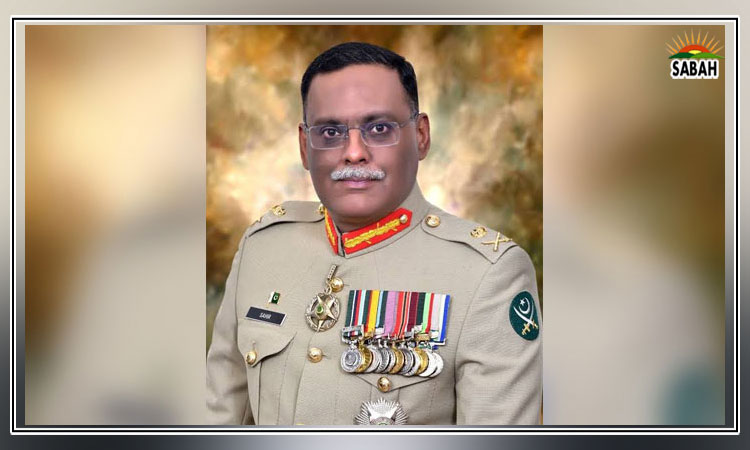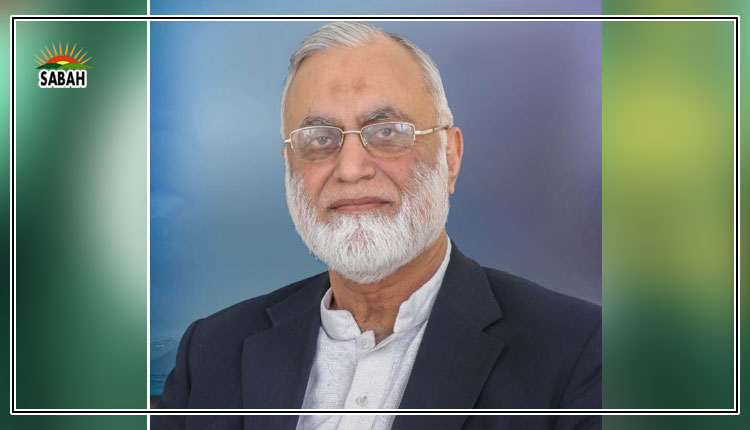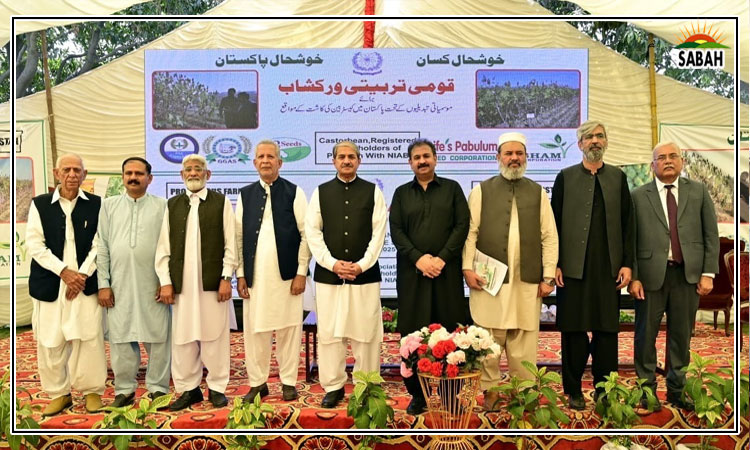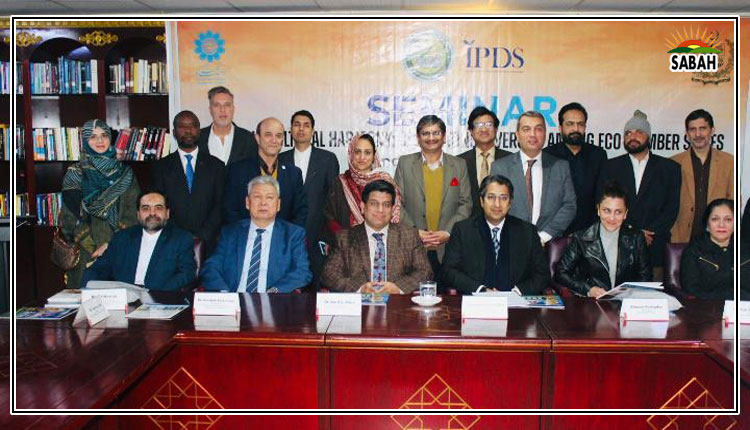Fostering unity through diversity in ECO region highlighted
ISLAMABAD, Jan 06 (SABAH): ECO member countries with their rich cultural heritage and diversity of languages, traditions and richness of culture offer a foundation for fostering mutual understanding, regional integration, and sustainable development. They collectively underscored that embracing this diversity not only strengthens diplomatic and cultural ties but also paves the way for economic collaboration and social cohesion, positioning the ECO region as a global model for harmony through diversity.

These were the remarks of the speakers who were sharing the insights during the seminar “Fostering Cultural Harmony: Celebrating Diversity Among ECO Member States,” organized by the ECO Cultural Institute, the Ministry of National Heritage & Culture Division, and the Institute of Peace and Diplomatic Studies. The speakers underscored the vital role of cultural diversity in fostering unity and regional integration. The discussions revolved around leveraging the rich cultural tapestry of the ECO region to enhance mutual understanding, regional harmony, and shared prosperity.
Dr. Farhat Asif, President, IPDS, emphasized the significance of cultural diplomacy as a bridge connecting the ECO member states and highlighted Pakistan’s pivotal role in promoting cultural exchange within the ECO framework, celebrating the nation’s rich heritage and its commitment to fostering regional harmony. Dr. Saad Khan, President of the ECO Cultural Institute, stressed the importance of preserving the region’s shared cultural heritage and pointed out that the ECO, as a platform, has successfully nurtured a sense of belonging and cooperation among its member states, urging further investments in cultural initiatives that strengthen bonds and celebrate the unique traditions and values of the region. Rana Ihsaan Afzal Khan, Coordinator to the Prime Minister of Pakistan has said that cultural harmony is a cornerstone of sustainable regional integration and stressed the need for continued dialogue and collaborative efforts to protect and promote the shared heritage of the ECO member states. He also highlighted Pakistan’s commitment to ECO’s vision and its role as a bridge between South and Central Asia.
Dr. Avazbek Atakhanov, Ambassador of Kyrgyzstan to Pakistan, reflected on the historical ties between ECO member states, emphasizing that the shared cultural and historical legacy offers a strong foundation for regional solidarity.
Khazar Farhadov, Ambassador of Azerbaijan to Pakistan, highlighted Azerbaijan’s commitment to promoting cultural diplomacy within the ECO framework and stressed the importance of leveraging the region’s cultural wealth as a tool for peacebuilding and fostering sustainable development.
Dr. Eynulla Madatli, Executive Director, Institute of Philosophy, Azerbaijan National Academy of Sciences and Former Ambassador of Azerbaijan to said that interplay between cultural heritage and regional stability is an important aspect and underscored the need to protect intangible cultural heritage.
Nurlan Smagulov, Deputy Head of Mission, Embassy of Kazakhstan to Pakistan, focused on Kazakhstan’s efforts in promoting cultural initiatives that highlight the region’s diversity.
Majid Meshki, Cultural Counsellor at the Embassy of the Islamic Republic of Iran to Pakistan, spoke about the deep historical and cultural connections between Iran and the ECO member states and emphasized the unifying power of art, particularly calligraphy, as a medium to foster dialogue and understanding across cultural boundaries.
Dr. Samina Yasmeen Amin, Chairperson of the Department of Pakistan Studies at AIOU, offered a scholarly analysis of the role of education in promoting cultural understanding and highlighted the need for incorporating cultural studies into academic curricula to nurture a sense of shared identity among future generations of the ECO region.
Mirsaid Rahmonov, Senior Researcher at the Institute of Asian and European Studies, Tajikistan National Academy of Sciences, shared insights on Tajikistan’s cultural contributions and the importance of preserving historical artifacts and traditions as a legacy for future generations. The seminar was attended by large number of diplomats and civil society members.



